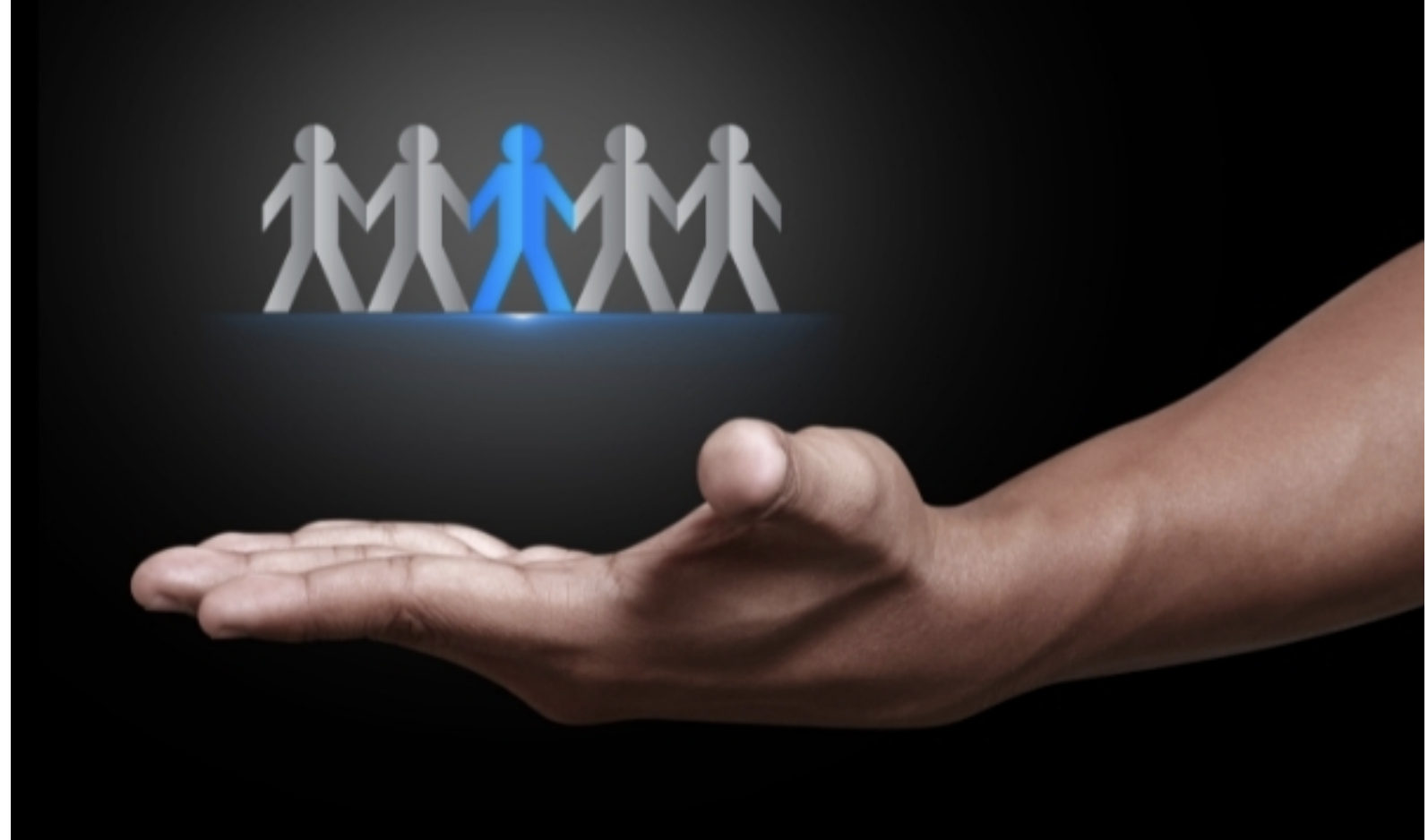Why is social media verification on the rise in the Indian PR industry?
Why is social media verification on the rise in the Indian PR industry?on May 10, 2021

“Social Media Account Verification PR enquiries have increased by 300 per cent in past 15 months,” says Kunwar Devender Singh, Founder Digpu News Network. He adds, “It was only around 18 months ago when a negligible percentage of our PR content projects used to be demands for digital PR news publication for the purpose of social media verification by entrepreneurs and corporate clients at Digpu. It is astonishing to compare the same data to that from March 2021 with a humungous 300 per cent increase in the last 15 months.”
An analysis of this data, the content and some other factors have led to the discovery of some interesting facts. In a conversation, the founder of Digpu talks about social media verification as a service and the Indian PR industry in general. Who is looking for Social Media Verification? There are mainly 5 types of enquiries under this category for Facebook, Twitter, and Instagram Verification 1. Ecommerce Brands 2. Startups 3. Young Entrepreneurs 4. Influencers and Marketers 5. Social ActivistsWhy individuals and brands looking for verified accounts?
Online Sales: Companies and Brands that are engaged in selling products through social media platforms like Instagram and Facebook are also aggressive towards social media verification. Many fashion brands are also looking for a verified account to save themselves from imposters. Competition: While talking to several startups, Digpu News Network representatives asked them how social media verification will help improve their business. A few start-up owners were of the opinion that it will help them secure funds from VCs and Angels, but interestingly, most of them were confused. It will be fair to say that they had no idea about the utility of having a verified social media account but wanted to do it because most of their competitors had done it. Trending: In the past 15 months, Digpu has received more than 500 enquiries for social media verification, a significant number of them being from very young people having a tentative budget lesser than Rs 30,000. They wanted a ‘Blue Tick’ on their portfolio to come off as genuine, important or special. These young adults aged between 16 and 25 age group, claim to be Serial Entrepreneurs, Digital Marketing Gurus, Multipreneurs, Inspirational Entrepreneurs, SEO Experts, Social media experts etc. Digpu rejected almost 90% of such work and published merely 10 per cent of it. Only the content that adhered to their stringent guidelines was published, after complete fact-check and background research. However, it has been found that an alarming level of such unverified work directly being published in the mainstream media through other mediums. Influencers & Marketers: A large number of social media influencers and marketers are also conscious about their verified accounts on social media platforms especially Instagram and Facebook. With regard to them, it is understandable that verified accounts will help them earn more perks and brand associations, which are the sole source of revenue for them. Social Activists: There has been a rise in demand for verified Twitter Accounts, which has been both, surprising as well as shocking for many including Kunwar Devender Singh. In several cases, we asked such people to share their content draft with us in order to check their socio-political inclinations and found that most of them claim to be social activists. We have tried to stay wary of these portfolios with the apprehension that they might be used for trolling or spreading misinformation on Twitter and could put a big dent in the PR industry. Who actually needs to get their social media accounts verified? Now the question arises who actually needs social media verification (Blue Tick) and how does it help them? Social media verification is required by celebrities, brands selling products on social media platforms, political leaders and people who can influence a majority, in order to secure their account from duplicity and to avoid any misuse. For example, if there are ten different accounts on the name of Amitabh Bachchan on Twitter, the Blue Tick will help his followers and new people to identify a duplicate and a real account. Political leaders and other people who can influence public opinion, generally require a Blue Tick. Similarly, brands engaged in selling products on social media platforms need a verified account to avoid fraudulent companies selling copies of their products. On the other hand, a person who is hardly known in his own neighbourhood and is still keen to get his/her account verified seems unnecessary and inappropriate. Source: https://theprint.in/
Blue Tick
Frontlist
Frontlist Latest news
Frontlist News
Kunwar Devender Singh
Social Media Verification
Twitter Verified Accounts

.jpg)
.jpg)
.jpg)
.jpg)
.jpg)
.jpg)

.jpg)
.jpg)
.jpg)
.jpg)

.jpg)

.jpg)
.jpg)










Sorry! No comment found for this post.